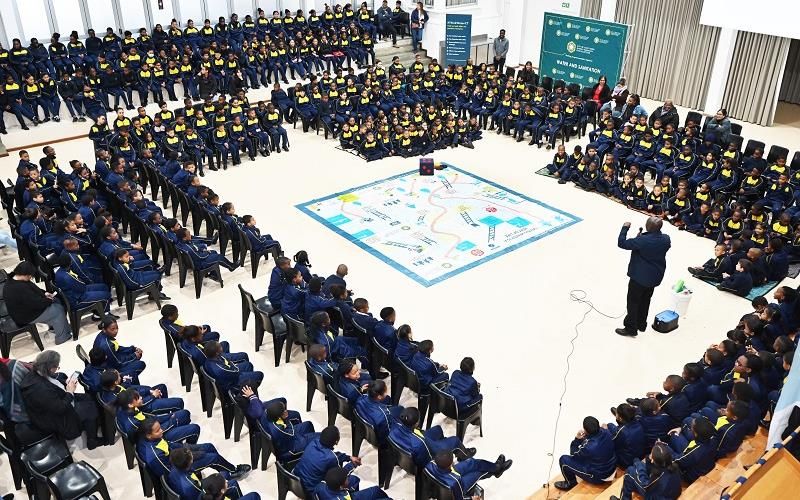As electricity costs continue to rise, households are seeking ways to lower their monthly bills. By adopting smart energy use habits, residents can not only save money but also contribute to a more sustainable lifestyle. Here are some practical tips to help manage household bills effectively:
Lower Geyser Temperature
By simply reducing the temperature of the geyser, homeowners can save a significant amount on monthly energy bills. A slight adjustment in the temperature setting can lead to substantial savings.
Choose Energy-Efficient Light Bulbs
By installing LED light fittings and timing purchases, residents can significantly reduce their energy consumption and lower their monthly bills.
Invest in Solar Water Heating or Heat Pumps
While solar water heaters and heat pumps may require a higher upfront investment, they provide long-term savings on monthly electricity bills, making them a smart choice for homeowners.
Don’t Buy Electricity in Bulk
Many people believe that purchasing electricity in bulk is cheaper, but this is not the case. Buying only what is needed can lead to lower costs.
Conserve Water and Electricity
Reducing water and electricity usage can help lower expenses. Limiting electricity purchases to below 600 kWh per month can also help save money.
Install a Prepaid Meter
Installing a prepaid meter can provide better control and measurement of energy usage.
By adopting these smart energy use habits, homeowners can save up to 30% on their monthly bills with no and low-cost solutions. For those who invest in options like solar water heating or heat pumps, savings can be as high as 50%. More tips on no-cost, low-cost, and invest-to-save ideas can be found at savingelectricity.org.za.
Debunking Electricity Purchase Myths
It is important to debunk common myths related to electricity purchases. Buying in bulk is not cheaper, and residential tariffs remain the same regardless of the time of year or season.
City Measures to Support Indigent Households
The City of Cape Town has introduced measures to support indigent households, social grant recipients, and pensioners. With the lowest electricity costs for households with a property value under R500,000, Cape Town is more affordable compared to other South African cities. The lifeline tariff has also been increased from 350 to 600 units per month, providing additional support to households during the winter season.
Social Support Package
The qualifying threshold for pensioners and social grant recipients has been raised to a monthly income of R22,000, up from R17,500. The social support package for 2023/24 now stands at R4.3 billion, offering relief for rates and services.
Rebates for Property Rates
Households with a monthly income below R7,500 and residential properties valued at R450,000 or less will receive a 100% rebate for property rates and refuse removal, benefiting approximately 192,500 households across Cape Town. Additionally, residential properties valued at R5 million or less will receive a R450,000 reduction in property valuation for rates calculation purposes, benefiting over 700,000 properties in the metro.
Residents are encouraged to visit their nearest customer office to determine whether they qualify for support. By embracing smart energy use habits and implementing the tips provided, households can effectively lower their energy costs and contribute to a more sustainable and energy-efficient future.








